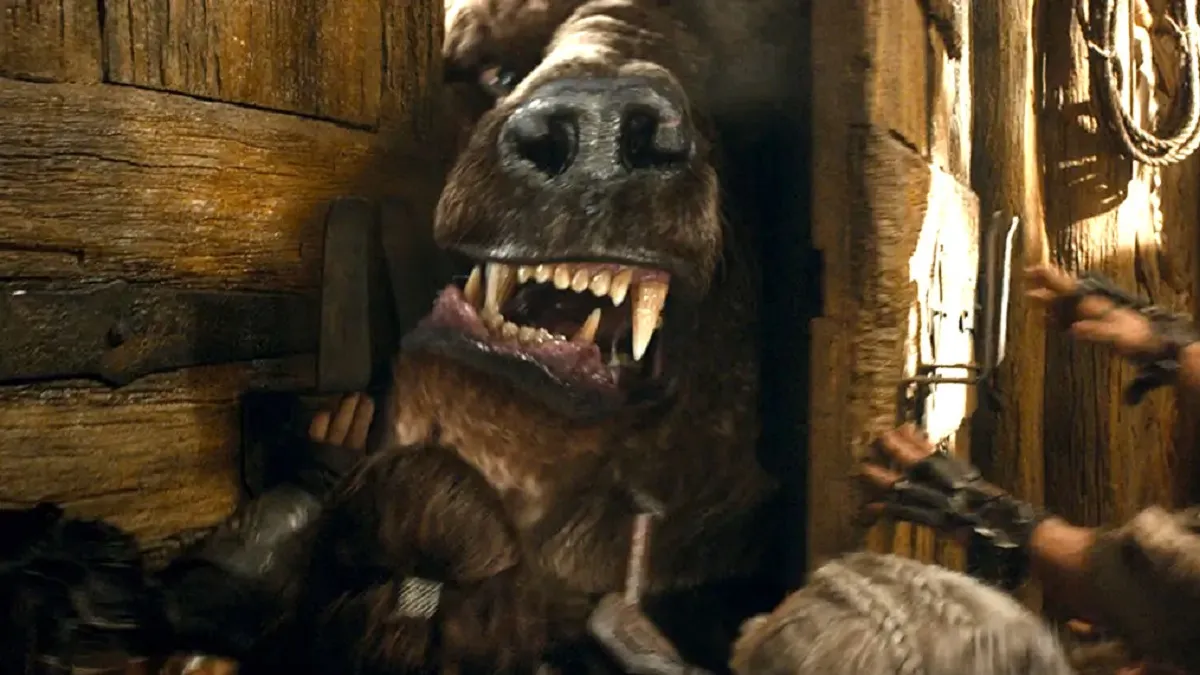From the very beginning, there was very little chance The Hobbit trilogy would come close to recapturing the magic that made Peter Jackson’s The Lord of the Rings trilogy such a landmark achievement in cinema that will endure forever as a story for the ages, but the worst decision without a doubt was to extend the prequels to three films.
It was a call that was clearly and cynically made to extract as much money as possible from the enduring popularity of the blockbuster Middle-earth saga, and if that scans as possibly a touch too harsh, let’s not forget that The Hobbit was only announced to be a trio in July of 2012. That’s a full 16 months after shooting had started, and only five before An Unexpected Journey was due to release.
As a result, the padding became that much more evident when middle chapter The Desolation of Smaug landed in December of 2013. It may have scored the best reviews of The Hobbit franchise, but a 74 percent Rotten Tomatoes was still a huge drop-off in quality from The Lord of the Rings, while it also ended up as the lowest-grossing of the three.
It’s not an bad fantasy epic by any stretch of the imagination, but it’s not difficult to envisage a world where The Hobbit received a much better reception were it to stick to the original plan of being a two-part tale, as opposed to a mind and butt-numbing 474 minutes of cinema that constantly felt as though it was dragging its heels.
Regardless, streaming subscribers have put any such bugbears to one side in order to embrace The Desolation of Smaug all over again, with FlixPatrol revealing it to be one of the Top 10 most-watched features on Prime Video in multiple countries around the world. The Rings of Power proves there’s still a huge Tolkien fandom out there, but we’re pretty sure the original trio will never be bettered.
